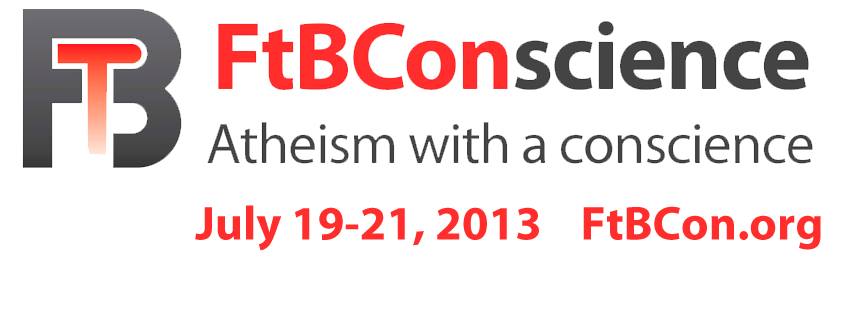Burning out is horrid.
Burning out is not wanting to read the comments…or the piece.
It’s sitting in front of your computer for hours, trying to write, and finally concluding that maybe it would be nicer to just put your pajamas back on and sleep.
It’s when taking a walk around the block to clear your mind turns into running every errand you can think of. Having this brilliant idea that gnaws at you….and then sitting at your computer listening to music, because you want nothing less than to cudgel together a coherent post and then watch people react to it.
And burning out is not knowing if it’s the movement or the people or just your own exhausted brain.
This is the part I struggle with most–do I want to step away from the movement because I’ve overworked myself. Or do I need to pick a different cause?
On bad days, it’s the latter.
On the good, I remind myself that I’ve met nearly all my close friends here. That nobody offers me homeopathy in response to illness. That I’ve never been told mental illness just happens for a reason. That the movement means a place to write, speak, think with people I admire, and who challenge me to do it all better. I get to do FtBConscience and talk about mental health. I get to watch people light up while they talk about their passions, and there’s almost nothing better.
So this, you lovely people, is an encouragement to keep doing that. Keep lighting up when you talk about biology and physics and communication and neuroscience and bugs and rocks. Smile when your favorite topic comes up. Write long and impassioned blog posts and give talks and refer us to new books. We’ll have delightfully eclectic reading lists and weird snippets of facts–did you know there are caterpillars that wear old heads as hats?–and I think we’ll all be a little less on the fizzling end of burning out.


